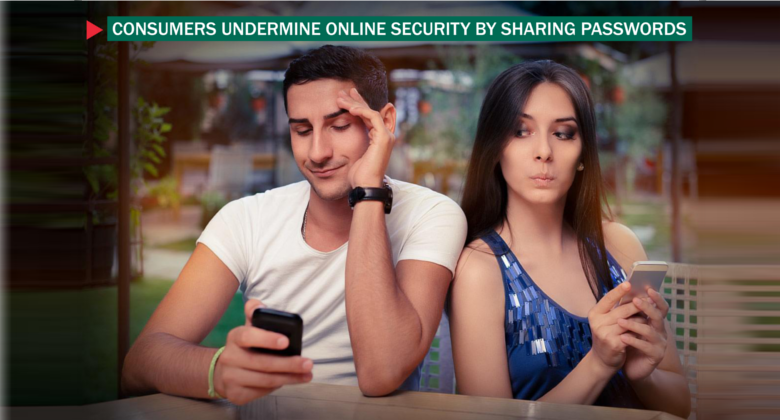According to a consumer survey done by Kaspersky Lab, almost half of netizens are complacent with their password protection habits. Specifically, 44-percent of the over 12,000 respondents (1,394 from the Philippines) admitted that they have shared their passwords or allowed someone to see them.
Asked about the importance of passwords, respondents found strong passwords necessary for online services they valued the most. Online banking, e-mail, and social media networks were the top three most important sites for these netizens, while online shopping and payment applications—though requiring the same stringent passwords—were not as important to them.
Surprisingly, 29-percent of respondents said that there is no need for an additional layer of protection for their online financial transactions. Rather, they expect e-commerce sites to protect their credentials and personal information from prying eyes.
Meanwhile, 33-percent revealed that they freely shared passwords with family members; 44-percent left them visible to others; 11-percent shared them with friends; and 6-percent with colleagues. 38-percent of users also used only one e-mail address for their needs, easily allowing unauthorized access to their online profiles.
“Consumers need to be more cyber-savvy about passwords. Once shared, it is very difficult to know exactly where your password will end up. Our research shows that there is a real disconnect between the understanding of why we need strong passwords and the action people take to keep them safe. No one would expect a friend or family member to knowingly divulge a password, but by sharing passwords, consumers are increasing the risk of them falling into the wrong hands,” said David Emm, principal security researcher at Kaspersky Lab.
“This could give cybercriminals easy access to personal and financial information and hacked accounts can be used to distribute malicious links and files, harming others. At worst, entire identities could be put at risk. Even the most complex password is weak if it’s visible to others, so keep it to yourself,” he added.
